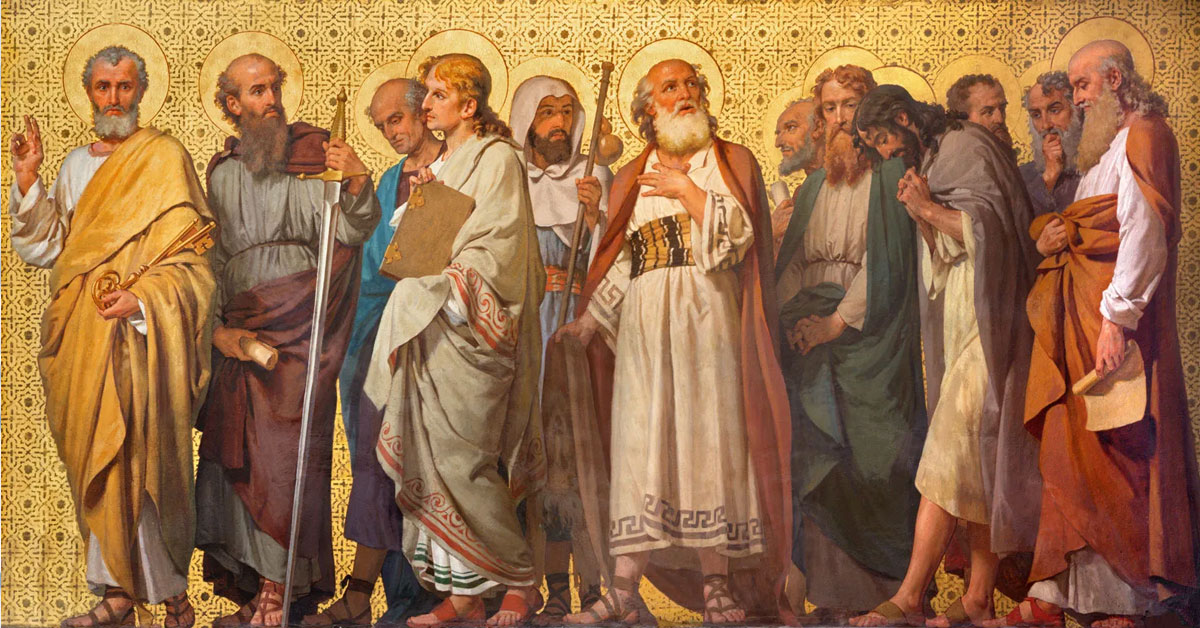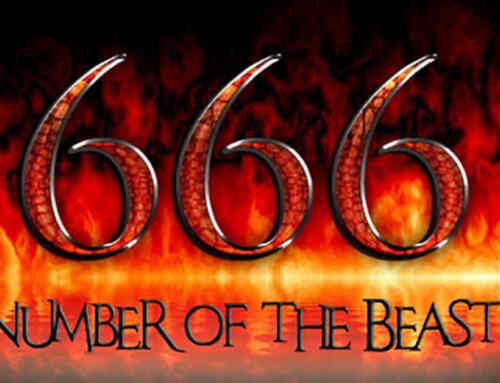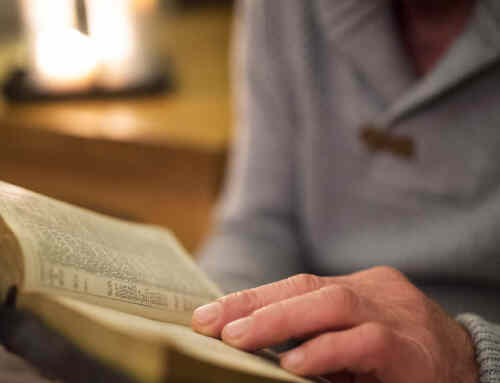We are non-denominational Bible Students striving to follow the faith and character of the early Christian church. Bible Students have been in existence for over 100 years and are located in the United States, Canada, Europe, Australia, Africa, India and other countries.
Religious denominations have central governing bodies, organizational religious creeds and membership rolls. We have none of those characteristics. We call ourselves Bible Students because we study the Bible.
We try to hold as closely to the organizational structure of the early church as revealed in the New Testament. Consequently, we do not own a church building, preferring to spend our funds and resources in the spreading of the gospel message. We rent different venues and meet in our homes or online for weeknight studies.
We do not have a set of creeds one must believe in order to study with us. Therefore, we have no membership lists. The New Testament church didn’t have paid ministers (Paul was a tentmaker), but all worked to support themselves while serving God. We follow that model. There are times when we may contribute to a visiting pastor’s travel expenses, but we never pay anyone to preach the gospel. “Freely have ye received, freely give” (Matthew 10:8).
Each individual Bible Students congregation around the world elect their own elders and deacons annually according to the character traits specified in 1 Timothy 3. Additionally, we have open business meetings, and the congregation decides what we will study, which activities we will pursue and how we will spend our pooled resources. We never “pass the plate” for offerings. If any chose to contribute, there is a small donation box in the back of the meeting place where people can donate anonymously.
Our doctrinal beliefs include:
- We accept the Bible as the inspired Word of God, and study it in its entirety, both the Old and the New Testaments, seeking the harmony of complete scriptural testimony (2 Timothy 3:16,17).
- We accept Christ as our personal Savior, and believe he died as a ransom sacrifice not only for the Christian, but for all the world (1 Timothy 2:16).
- We believe each individual is responsible to personally study and prove the interpretation of the Bible for himself (2 Timothy 2:15). We recommend topical Bible study as the best means of arriving at God’s meaning on each subject and provide study aids to that end. We support continual Bible reading on a personal basis.
- The first to receive the merit of Jesus’ ransom are those called by God to follow Jesus (Hebrews 10:20) since his resurrection. These believers recognize their sinful condition, accept Jesus’ blood to cover their sins and then give their life to follow in Jesus’ footsteps. They are begotten with the holy spirit.
- The church class is made up of faithful believers and is the “temple of the living God.” Its development has been in progress since Jesus’ first advent (1 Corinthians 3:16, Ephesians 2:20-22). They are also called the “bride” (Revelation 21:2), “new creatures” (2 Corinthians 5:17) the “called, chosen and faithful (Revelation 17:14), “saints” (Psalm 50:5, Ephesians 4:12), “church of the firstborn” (Hebrews 12:23), and many other names and titles.
- The hope of the church is that she may be like Jesus, to “see him as he is,” and be “a partaker of the divine nature.” They hope to share his glory as his joint-heir (1 John 3:2, John 17:24, Romans 8:17, 2 Peter 1:4).
- When the church class is complete (they die), they will receive the “first resurrection” in heaven (1 Peter 2:4-9, Revelation 15:5-8).
- At Jesus’ second advent, he and his church will establish his peaceable kingdom on earth (Isaiah 11:4-9, Isaiah 35, Matthew 6:10) during which time all mankind will be resurrected (John 5:28, 29), be instructed in God’s ways (Jeremiah 31:34), learn to obey God’s ordinances (Isaiah 28:17), and have the opportunity to live forever if obedient (Revelation 22:1-3).
- Satan, the fallen angels, and all willfully disobedient people will be destroyed forever in what the Bible calls “second death (Revelation 20:10, 21:8).
- Then the kingdom will be turned over to God to His glory and honor forever (1 Corinthians 15:28).
Additional Resource:
Christian Questions Podcast
Episode #1039: “Have You Lost Faith in Your Spiritual Leaders?”
The dangers, pitfalls and powerful reality of Christian leadership
Preview Video
CQ Rewind Show Notes

















